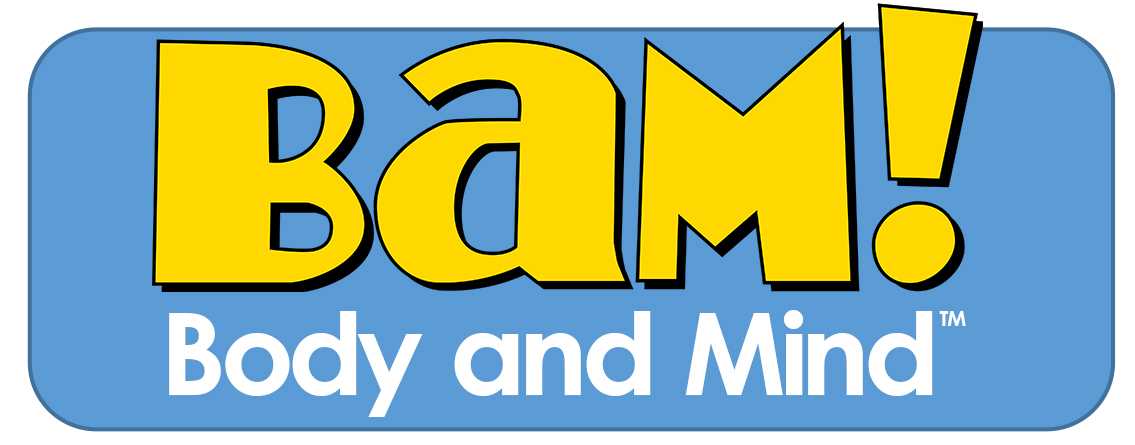Standard 2
Students will analyze the influence of family, peers, culture, media, technology, and other factors on health behaviors.
Rationale: Health is affected by a variety of positive and negative influences within society. This standard focuses on identifying and understanding the diverse internal and external factors that influence health practices and behaviors among youth, including personal values, beliefs, and perceived norms.
Performance Indicators*
| Pre-K-Grade 2 | |
|---|---|
| 2.2.1 | Identify how the family influences personal health practices and behaviors. |
| 2.2.2 | Identify what the school can do to support personal health practices and behaviors. |
| 2.2.3 | Describe how the media can influence health behaviors. |
| Grades 3-5 | |
| 2.5.1 | Describe how family influences personal health practices and behaviors. |
| 2.5.2 | Identify the influence of culture on health practices and behaviors. |
| 2.5.3 | Identify how peers can influence healthy and unhealthy behaviors |
| 2.5.4 | Describe how the school and community can support personal health practices and behaviors. |
| 2.5.5 | Explain how media influences thoughts, feelings, and health behaviors. |
| 2.5.6 | Describe ways that technology can influence personal health. |
| Grades 6-8 | |
| 2.8.1 | Examine how the family influences the health of adolescents. |
| 2.8.2 | Describe the influence of culture on health beliefs, practices, and behaviors. |
| 2.8.3 | Describe how peers influence healthy and unhealthy behaviors. |
| 2.8.4 | Analyze how the school and community can affect personal health practices and behaviors. |
| 2.8.5 | Analyze how messages from media influence health behaviors. |
| 2.8.6 | Analyze the influence of technology on personal and family health. |
| 2.8.7 | Explain how the perceptions of norms influence healthy and unhealthy behaviors. |
| 2.8.8 | Explain the influence of personal values and beliefs on individual health practices and behaviors. |
| 2.8.9 | Describe how some health risk behaviors can influence the likelihood of engaging in unhealthy behaviors. |
| 2.8.10 | Explain how school and public health policies can influence health promotion and disease prevention. |
| Grades 9-12 | |
| 2.12.1 | Analyze how the family influences the health of individuals. |
| 2.12.2 | Analyze how the culture supports and challenges health beliefs, practices, and behaviors. |
| 2.12.3 | Analyze how peers influence healthy and unhealthy behaviors. |
| 2.12.4 | Evaluate how the school and community can affect personal health practice and behaviors. |
| 2.12.5 | Evaluate the effect of media on personal and family health. |
| 2.12.6 | Evaluate the impact of technology on personal, family, and community health. |
| 2.12.7 | Analyze how the perceptions of norms influence healthy and unhealthy behaviors. |
| 2.12.8 | Analyze the influence of personal values and beliefs on individual health practices and behaviors. |
| 2.12.9 | Analyze how some health risk behaviors can influence the likelihood of engaging in unhealthy behaviors. |
| 2.12.10 | Analyze how public health policies and government regulations can influence health promotion and disease prevention. |
* The performance indicators articulate specifically what students should know or be able to do in support of each standard by the conclusion of each of the following grade spans: Pre-K–Grade 2; Grade 3–Grade 5; Grade 6–Grade 8; and Grade 9–Grade 12. The performance indicators serve as a blueprint for organizing student assessment.
- Page last reviewed: June 17, 2015
- Page last updated: June 17, 2015
- Content source:



 ShareCompartir
ShareCompartir